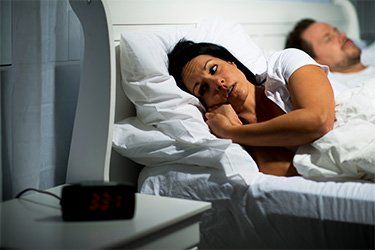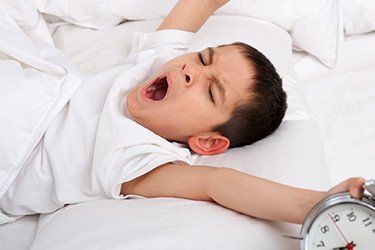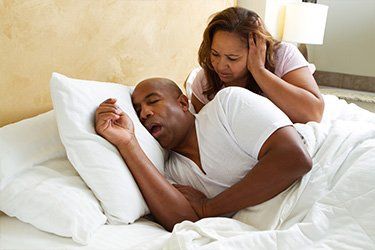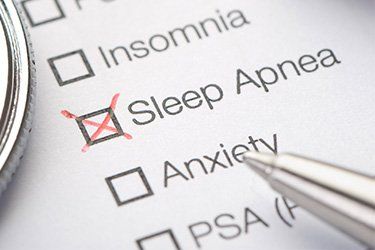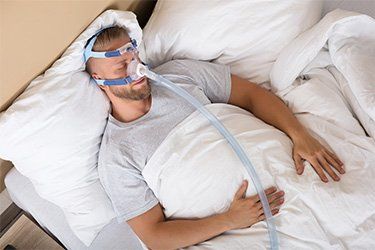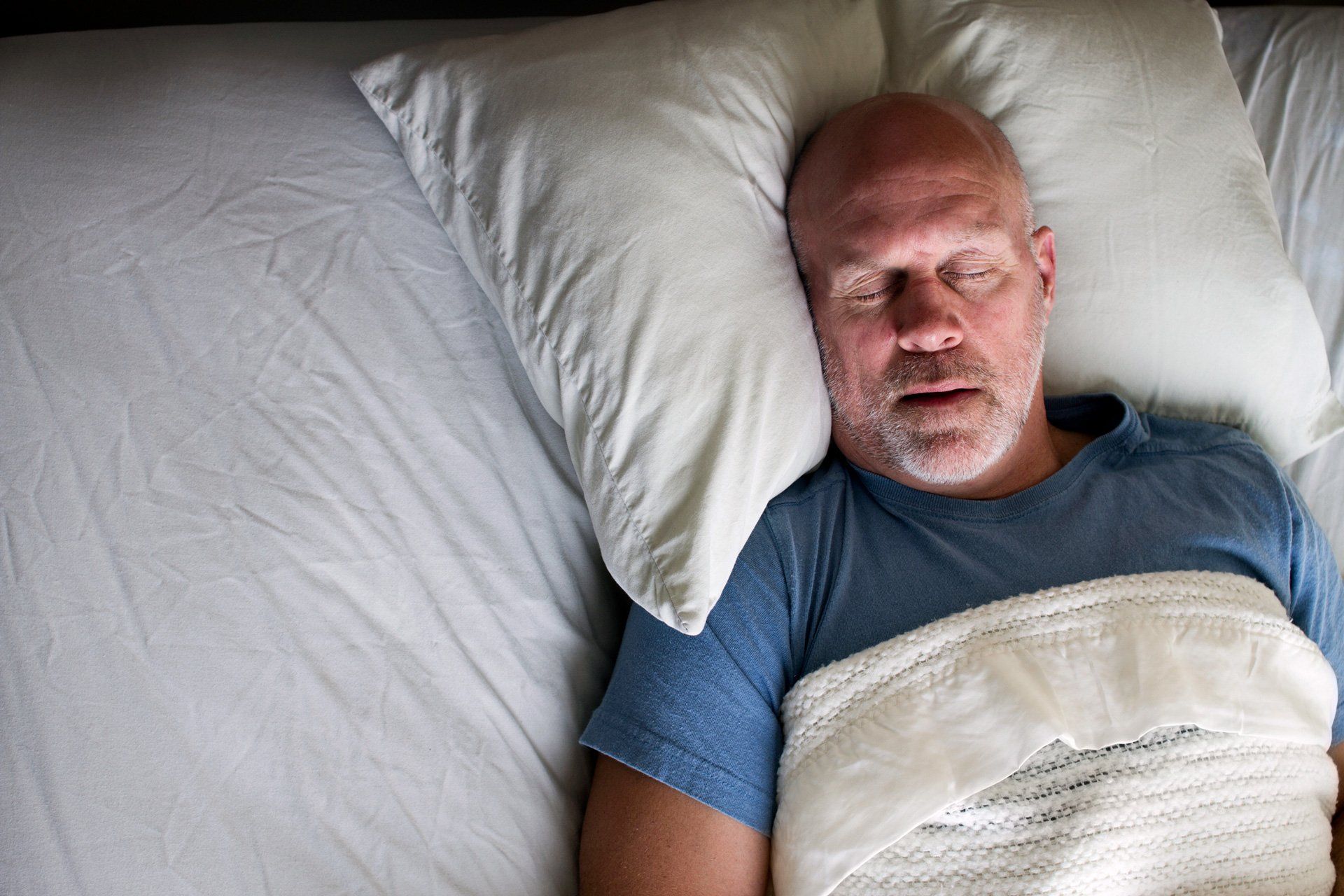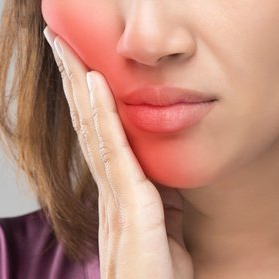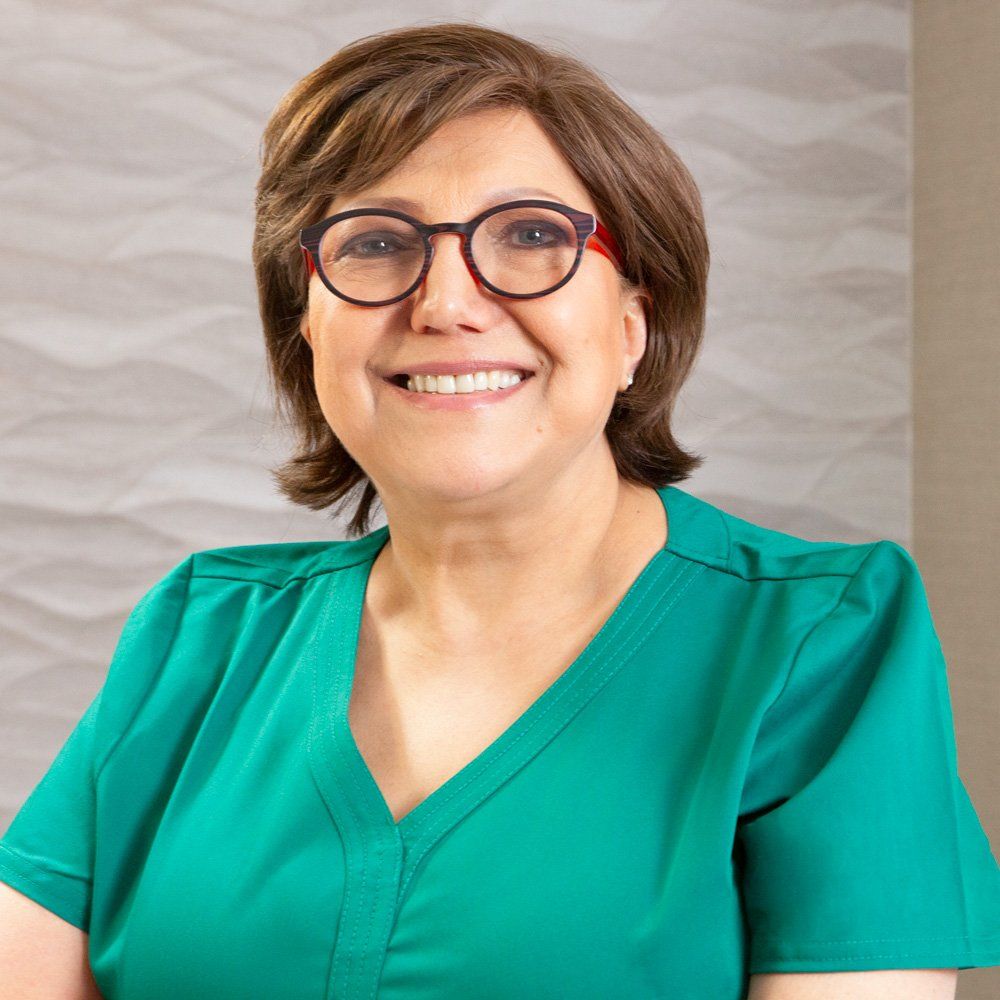Chronic Fatigue Syndrome
Chronic fatigue is far more than just feeling tired. It’s a condition characterized by severe fatigue lasting six months or longer that does not have an obvious cause. Those with chronic fatigue syndrome may experience a group of symptoms, including:
- Fatigue that interferes with daily activities
- Poor memory and concentration
- Headaches and muscle pain
Many people diagnosed with chronic fatigue also frequently suffer from sleep disturbances, difficulty getting to sleep, or not feeling rested after sleeping. It’s a serious condition that, if left untreated, can negatively impact your productivity, your overall health, and your enjoyment of life.
What Causes Chronic Fatigue?
Often, people with chronic fatigue syndrome explain away their symptoms as “stress” or feeling “burned out” in life. The problem is that the symptoms of sleep disorders will continue even if you take the longest, most relaxing vacation imaginable!
After many years of being misunderstood by family, friends and even doctors, some people with chronic fatigue syndrome are learning that the root of their problem is
sleep apnea. In fact, recent studies are finding previously undiscovered connections between daytime sleepiness and sleep disorders. In one study, 46% of chronic fatigue patients suffered from obstructive sleep apnea. Other studies had similar results.
If you have chronic fatigue syndrome with no other underlying medical conditions that your doctor can find, you should
schedule a consultation with Dr. Maryam Seifi to see if obstructive sleep apnea is the cause.
Medical Risks of Chronic Fatigue
Chronic fatigue syndrome doesn’t just mean you have to deal with excessive daytime sleepiness. Your body needs to rest, and it needs to enter the deep sleep phase in order to keep you healthy. Without good quality sleep, you can face more trouble than bags under your eyes and yawning all day. In fact, sleep disorders increase your risk of serious medical problems such as:
- High blood pressure
- Diabetes
- Heart attack or stroke
- Heart failure
- Heart disease
If you are suffering from chronic fatigue syndrome, you should schedule a consultation with Dr. Maryam Seifi to see if sleep apnea may be the cause.
Social and Professional Risks of Chronic Fatigue
Not only does chronic fatigue sleep apnea lead to increased risk of medical problems, but it can also negatively affect your social and professional life. Think about it: are you at your best when you’re exhausted? Definitely not! While chronic fatigue will affect your health and wellbeing the most, it can also affect your relationships with others. This is because people who deal with chronic fatigue tend to experience:
- More accidents at work
- Forgetfulness
- Impaired judgment
- Poor job performance
- Reduced sex drive
- Weakened immune system
- Increased weight gain
- Depression or anxiety
- Paranoia
- Irritability and mood swings
Chronic fatigue can also cause you to miss out on important family events or social gatherings because you are simply too tired to muster up the will to attend. This social isolation can impact your relationships with your friends, family, and coworkers unless you get a handle on your excessive daytime sleepiness.
How Can We Help You?
What Is Sleep Apnea?
Sleep apnea is a type of sleep disorder that causes you to periodically stop breathing when you are asleep. This can happen dozens of times each night—and each time it happens, your body wakes up to get the oxygen it needs to survive. Even if you don’t remember waking up multiple times per night, it can still interfere with the quality of your sleep.
Different Types of Sleep Apnea
There are three different types of sleep apnea that can range from mild to severe. In each of these types of sleep apnea, your body will jolt awake dozens of times per night because it isn’t getting the oxygen it needs to stay alive. But as soon as you go back to sleep, the problem happens again, which leads to poor sleep, reduced health, and chronic fatigue.
The Relationship Between Chronic Fatigue Syndrome and Sleep Apnea
While chronic fatigue syndrome and sleep apnea are not the same condition, it’s an interesting fact that chronic fatigue is one of the most noticeable symptoms of sleep apnea. The reason for this is simple: you need several hours of deep, uninterrupted sleep to feel well-rested and ready to face the day.
With sleep apnea, your body startles you awake multiple times each night because it can’t breathe. As a consequence, you don’t get that deep and restful sleep you need for your overall health and wellbeing. You’ll start to notice that, over time, you feel like you have less and less energy no matter how much sleep you get—in other words, chronic fatigue!
How Do I Know if I Have Sleep Apnea?
When it comes to sleep apnea, chronic fatigue syndrome is not the only sign you could have a sleep disorder. If you have one or more of the following symptoms, you should schedule a consultation with Dr. Maryam Seifi to see if sleep apnea is the cause of your chronic fatigue syndrome:
- Chronic fatigue syndrome
- Loud snoring when you sleep
- Headaches in the morning
- Inability to fall asleep or stay asleep
- Exhaustion after physical or mental activity
- Sleep interrupted by gasping or choking multiple times per night
- Sudden short temper or irritability
- Depression or anxiety
- Difficulty concentrating during the day
- Unusually low sex drive
- High blood pressure
- High cholesterol levels
- High blood sugar
Is There Any Way to Prevent Sleep Apnea?
Not only can sleep apnea cause chronic fatigue syndrome, but it can increase your risk of other troubling medical issues the longer you delay treatment. The good news is that there are steps you can take at home to reduce your risk of developing sleep apnea or lessen the severity of your symptoms if you have already been diagnosed with sleep apnea.
Sleep Apnea Treatment Options
If sleep apnea is the cause of your chronic fatigue syndrome, there are several different treatment options available. The right treatment for your needs will depend on the type of sleep apnea you have.
Sleep Apnea Treatment in North Bethesda, MD
Dr. Maryam Seifi at Breath of Life Dental (BOLD) is a strong advocate for oral appliance therapy to treat sleep apnea in both adults and children. This is because she has seen firsthand how powerful and life changing this treatment is for patients in her care. When you see Dr. Seifi for a sleep apnea treatment consultation, she will help you find the best oral appliance for your health and comfort.
Our dental office in North Bethesda, MD offers the following types of oral appliances to manage and treat sleep apnea symptoms:
The Vivos System
Dr. Seifi highly recommends
the Vivos System of sleep apnea oral appliances because it is a comfortable, nonsurgical, proven treatment for sleep apnea. This incredible new technology is FDA-approved for the treatment of sleep apnea in both children and adults. When you use the Vivos System and follow Dr. Seifi’s treatment plan, you can reduce or even completely handle your sleep apnea symptoms.
Depending on the results of your consultation, Dr. Seifi may recommend one of two different Vivos oral appliances:
The Daytime-Nighttime Appliance (DNA), which expands your hard palate and reshapes your jaw to increase the size of your airway.
The Mandibular Repositioning Nighttime Appliance (mRNA), which reshapes and shifts the position of your lower jaw to increase the size of your airway.
Sleep Apnea Mouth Guards
If you’ve tried a CPAP or BiPAP machine and found them too noisy or uncomfortable, come see Dr. Seifi about a sleep apnea mouth guard. These are simple oral appliances that look like sports mouth guards. However, instead of protecting your teeth from impact, they instead shift your lower jaw forward while you sleep to increase the size of your airway.
We offer a variety of different sleep apnea mouth
guards at our dental office in North Bethesda, MD, so you can find the one you like best. Schedule your consultation with Dr. Seifi today to get the good night’s sleep you deserve!
Can the Vivos Appliance Help You?
Call our office to reserve a seat at our next educational seminar or request a personal consultation with Dr. Maryam Seifi. Call (301) 818-2653 , email info@breathoflifeteam.com or submit an online request .
Frequently Asked Questions
Still have questions about chronic fatigue syndrome? Check out some common questions and answers below. If your question isn’t answered here, call us at (301) 818-2653 to schedule a consultation with Dr. Seifi to get the information you need.

